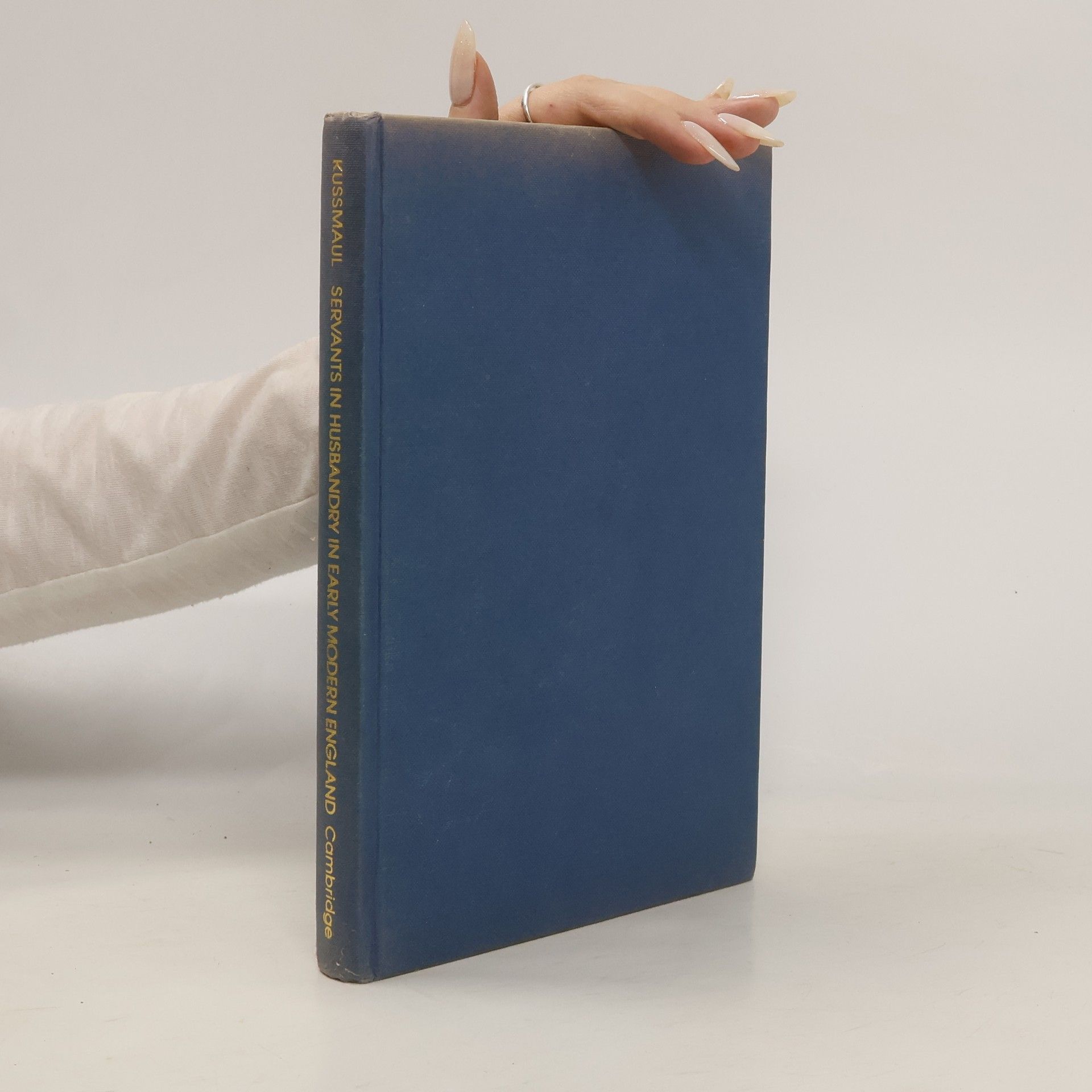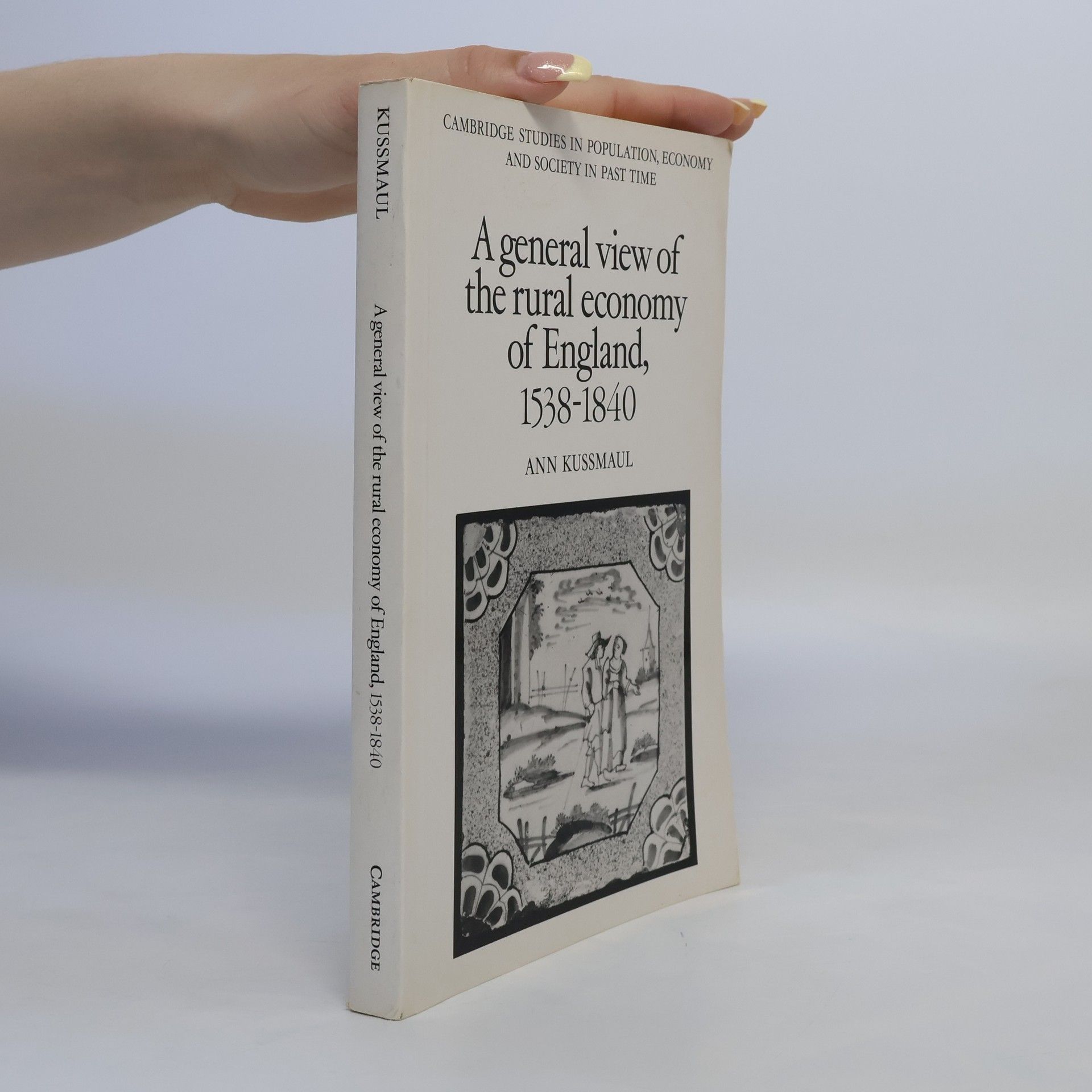A General View of the Rural Economy of England 1538-1840
- 231pages
- 9 heures de lecture
In rural England prior to the Industrial Revolution people generally married when they were not busy with work. Parish registers of marriage therefore form an important and innovative source for the study of economic change in this period. Dr Kussmaul employs marriage dates to identify three main patterns of work and risk (arable, pastoral and rural industrial) and more importantly to show the long-term changes in economic activities across 542 English parishes from the beginning of national marriage registration in 1538. No single historical landscape emerges. Instead A General View of the Rural Economy of England, 1538–1840 maps the changes in economic orientation from arable through regional specialization to rural industrialization and explores how these changes had implications for the extent of population growth in the early modern period. Dr Kussmaul's study presents a view of early modern English economic history from a unique standpoint.

